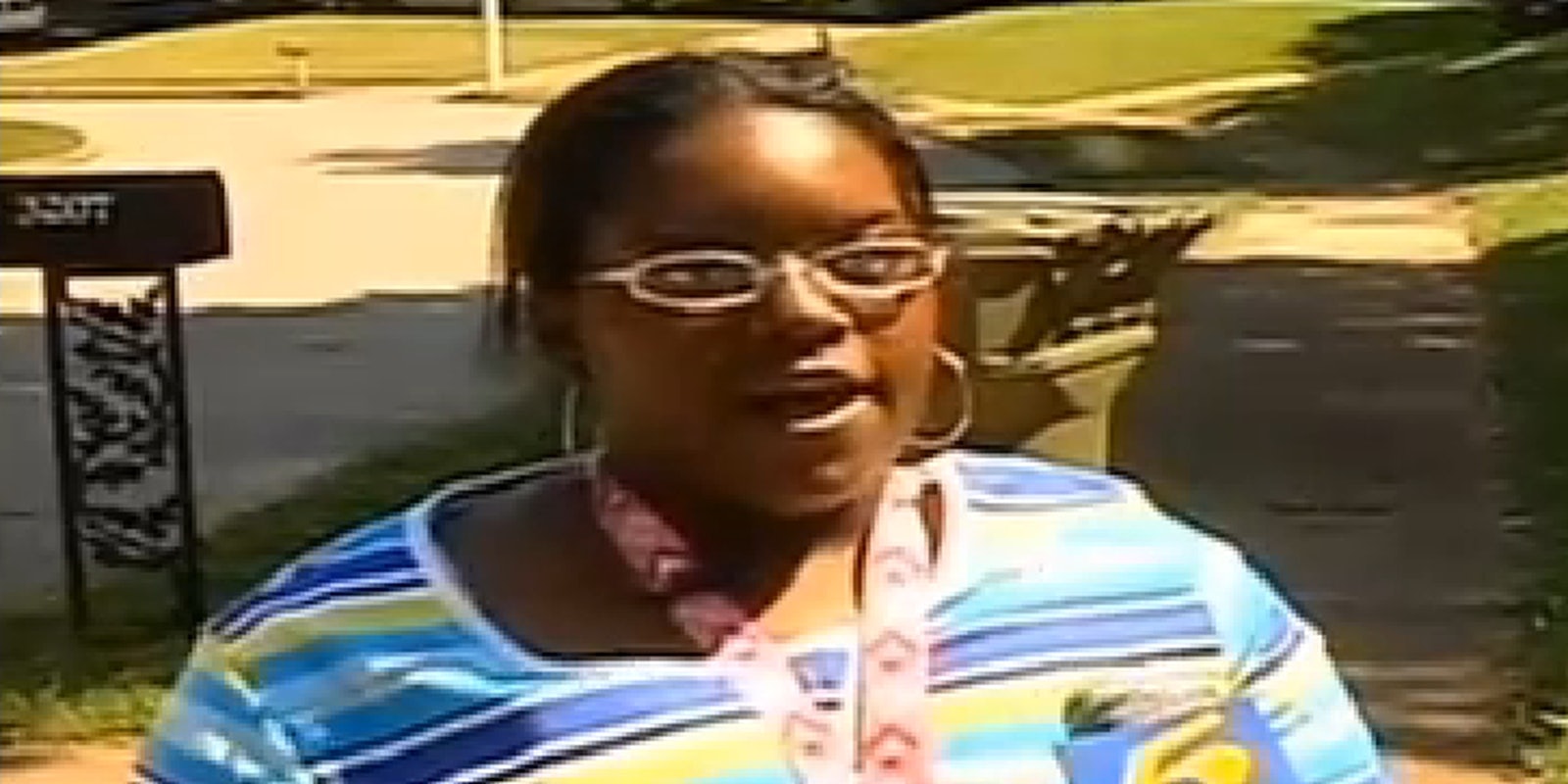A woman set up at least two campaigns asking for donations to cover the medical costs of cancer-stricken kids. That’s fantastic, except for one major issue: The kids were all made up.
Antranette Nolan of Memphis, Tenn., created the pages for a fictional daughter suffering from leukemia and another girl with a brain tumor. The fundraisers she set up had medical inaccuracies and referred to a hospital that doesn’t treat pediatric cancer patients, according to WMC-TV.
The scam was unearthed by Warrior Eli Hoax Group, a Chicago-based site that’s blown the whistle on 15 cancer-related hoaxes since 2012.
The site’s creator, Taryn Wright, claimed Nolan had lifted photos and text from the websites of real pediatric cancer sufferers.
“It’s just heartbreaking when these people whose children really are sick are dealing with somebody who’s fake,” said Wright.
Nolan, 21, admitted to WMC-TV that she was behind the campaigns, but claimed she had done so to fund her mother’s breast cancer care costs. An obituary showed her mother passed away in March and Nolan had claimed her daughter “Emily” was diagnosed with leukemia in April.
Facebook pages and Twitter accounts were set up to request money and gifts from kind-hearted strangers, according to Wright, while Nolan had set up GoFundMe and IndieGogo campaigns for the imaginary sick kids. At one point, Nolan told Wright she’d set up the Facebook page to “raise money for a family member’s funeral expenses and that she only deleted the page when she realized that she didn’t actually need to pay the bills.”
Nolan, who lives with an aunt, claimed she didn’t understand her actions were fraudulent and claimed she was “developmentally delayed.” Her aunt claimed she had a learning disability that had not officially been diagnosed, and her mothers’ Social Security disability application on Nolan’s behalf was rejected because she did not qualify.
That said, WMC-TV uncovered several Facebook and Twitter accounts linked to Nolan, indicating she had a strong grasp of how to use the Internet. She also has a number of Rihanna cover videos on YouTube. She reportedly used one of the Twitter accounts to ask hospitals, celebrities, and cancer organizations to ask for donations for “Emily” several weeks after her mother had died. However, there was no evidence anyone had donated to Nolan’s scam campaigns.
Nolan’s story is an important reminder to carry out due diligence before pledging money online. It’s all too easy to set up a scam crowdfunding campaign for a fake cause.
Screenshot via WMC-TV


